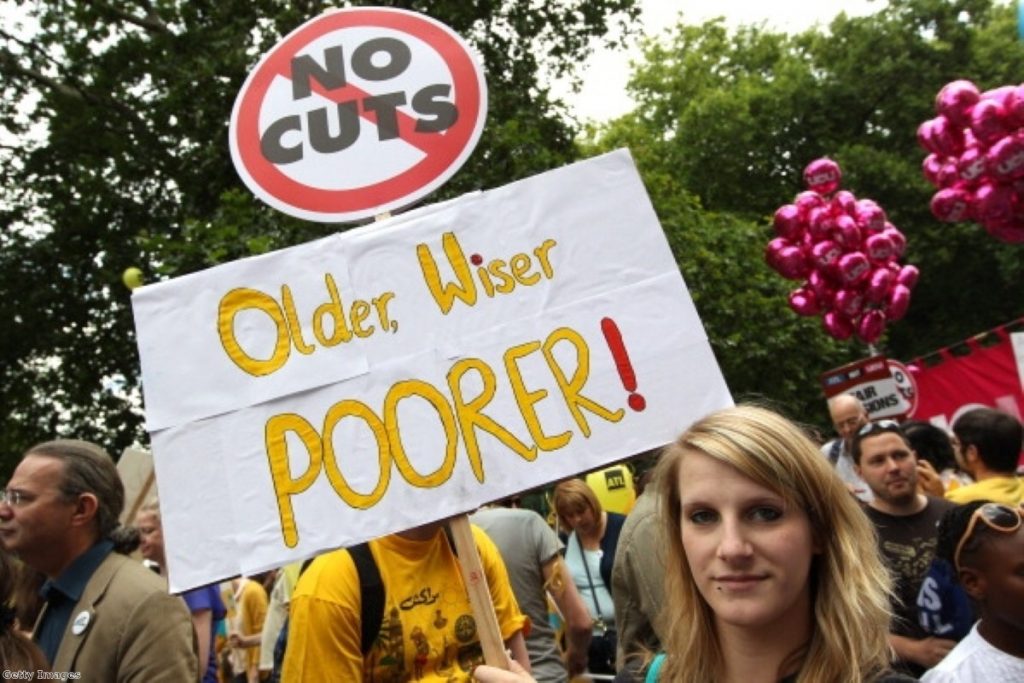TUC’s Barber wants more ‘sympathy’ from Labour
Labour should "show some understanding" when trade unions go on strike, TUC general secretary Brendan Barber has told politics.co.uk.
Barber, at his last ever Labour autumn conference in charge of the UK's union movement, appealed to the opposition to do more to back trade unions.
He said both the number of major industrial disputes and the number of days lost had been relatively small during the coalition. Last autumn's strikes against public sector pensions received very limited support from a Labour frontbench aware of intense public opposition to the strikers.
Listen to the interview in full:


Barber called for Labour to "show some sympathy and respect" when balloted workers do choose to stage a walkout.
"The number of major disputes of that sort has been relatively small, and the number of days lost due to industrial disputes is still, by historic comparisons, on the low side," he said.
"I expect Labour to show some understanding that when strikes do take place, it is, to use the old cliché, very much a last resort. People don't take that decision likely. These are decisions made after careful reflection by ordinary workers themselves. I expect to see Labour understand and respect that when that happens."
Barber said he hoped Ed Miliband would be able to speak at the upcoming October 20th rally against spending cuts.
The Labour leader has already confirmed he intends to speak at the Hyde Park rally, but is not expected to join the march against the cuts – a move reflecting his limited support for the unions' agenda.
"We'll get big, big public support, I think, and I expect to see Labour supporting that call," Barber added.
"We'll see nearer the time exactly what the position is in terms of speakers from Labour – Ed Miliband may speak – that will be finalised shortly. But there'll be an awful lot of people from the Labour party supporting us on that day, and that will be very welcome, and very important."
The TUC has already clashed with shadow chancellor Ed Balls over his plans to maintain the coalition's current policies on public sector pay restraint.
"I understand that a prospective chancellor doesn't want to bind themselves to decisions ahead of the next general election on spending plans until they're an awful lot clearer about what the economic situation is closer to the time. But we didn't think it was necessary to commit themselves in quite the way they did," Barber said.
He insisted that Labour was starting to think "quite radically and quite boldly" on issues like corporate governance and financial sector and regulation, however.
"Labour is carving out a progressive agenda based on recognising… we need to reshape our economy in pretty fundamental ways.
"This is about a bigger project, and it's not just about getting the deficit down. It's about building a strategy for growth that delivers fairness in the economy in a way we've not seen being delivered."









